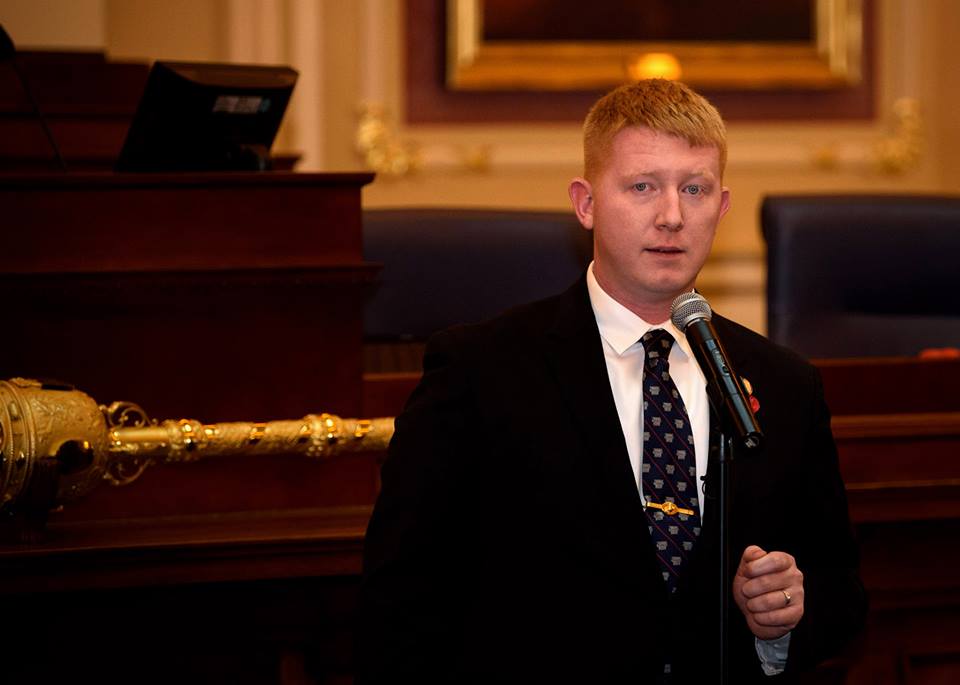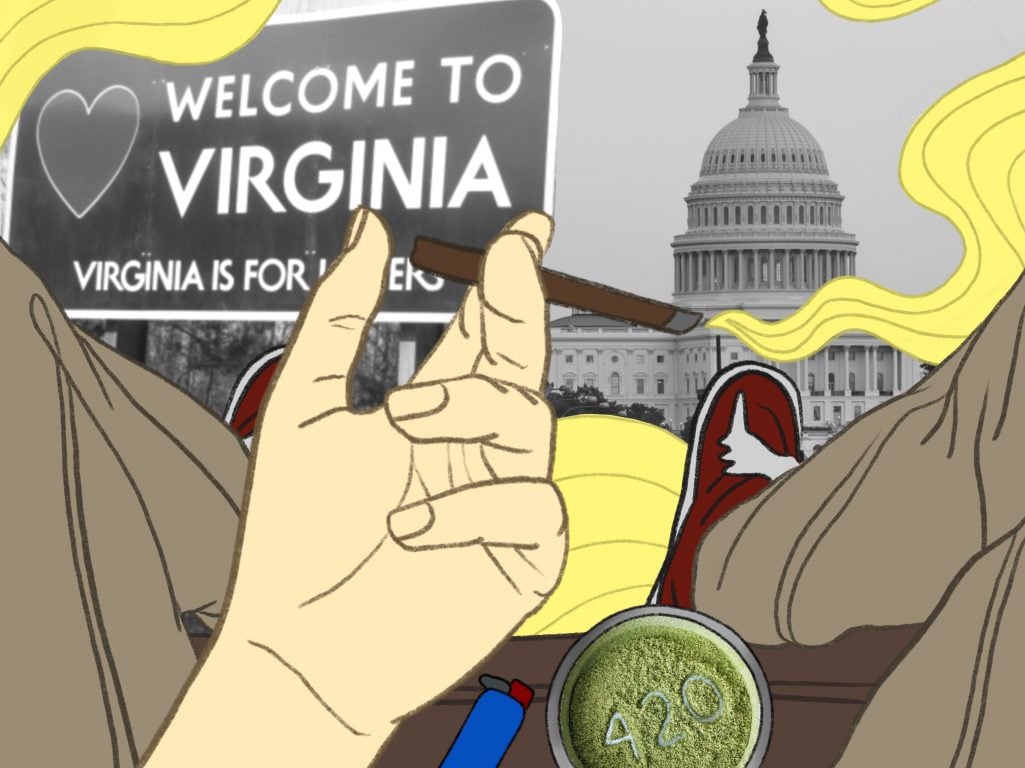Since 2015, Northern Virginia-based guitarist and lead singer Sean Flanagan has worked to mold his band, The Firnats, into the diverse indie-rock four piece they are today. Their novel style is reminiscent of 50s doo-wop music, 90s grunge, and a wide array of genres...



